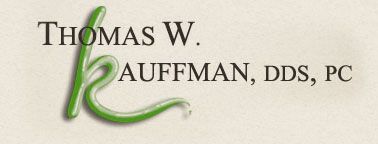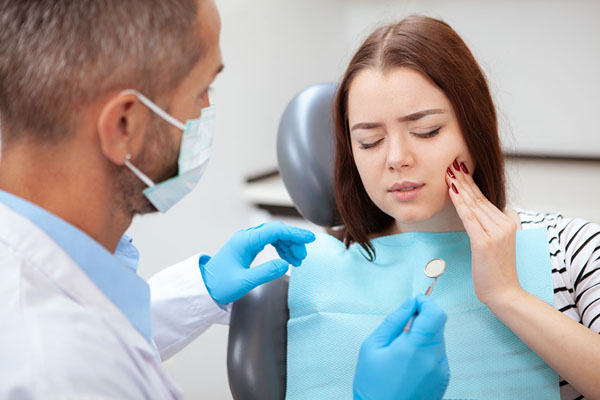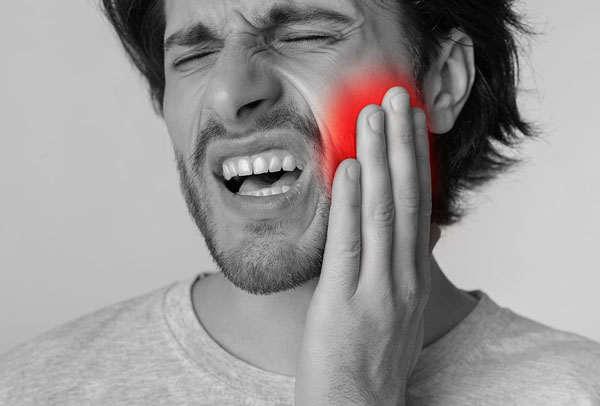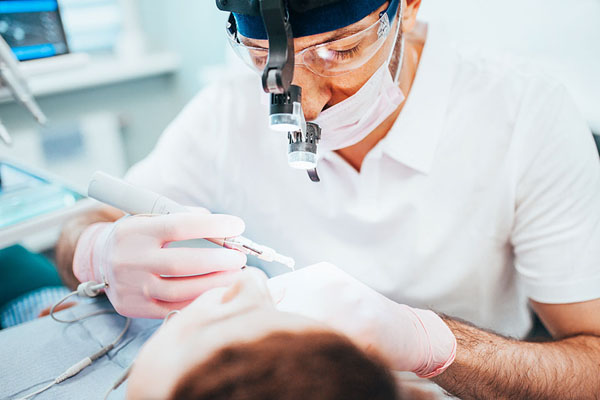Emergency Dentistry for Jaw Injuries
A Comprehensive Guide to Emergency Jaw Pain
Dental emergencies can leave us vulnerable to unexpected injuries, including those affecting the jaw. Jaw injuries can range from fractures and dislocations to severe pain and swelling, all of which demand immediate attention. When dealing with facial trauma, the importance of emergency dentistry becomes evident.
In many cases of emergency jaw injuries, our Atlanta dentist advises visiting an emergency room. If you’re unsure of what steps to take, please contact our dental practice at (404) 524-1981.
Common Jaw Dental Emergencies
Fractured Jaw
A fractured jaw can result from accidents or trauma to the face. If you suspect a fractured, broken, or dislocated jaw, immobilize the jaw by gently wrapping a cloth or scarf around it. Seek immediate emergency dental care for a thorough evaluation and treatment.
Dislocated Jaw
A dislocated jaw occurs when the lower jawbone (mandible) becomes unhinged from the temporomandibular joint (TMJ). Don’t attempt to force the jaw back into place. Instead, seek immediate dental care, and apply a cold compress to reduce swelling.
Knocked-Out Tooth With Jaw Impact
If a knocked-out tooth is accompanied by jaw impact, it may indicate a more severe injury. Preserve the tooth in milk or saliva and seek emergency dental care promptly to assess the jaw and tooth condition.
Severe Jaw Pain and Swelling
Intense jaw pain and swelling can be indicative of various dental issues, including abscesses, infections, or temporomandibular joint (TMJ) disorders. Seek emergency dental care to diagnose the underlying cause and receive appropriate treatment.
Lockjaw (Trismus)
Lockjaw is the inability to open the mouth or face jaw joint, often due to muscle spasms or inflammation. This condition can be caused by dental infections or jaw injuries. Seek dental attention for proper diagnosis and treatment.
Loose or Dislodged Teeth
Dental injuries that cause loose or dislodged teeth should be treated promptly to prevent further damage. Seek emergency dental care, and avoid touching the root of the tooth when handling it.
Bleeding from the Mouth
Uncontrolled bleeding from the mouth can occur due to injuries or dental conditions. Apply gentle pressure with a clean cloth or gauze and head to an emergency dental clinic for immediate assessment.
Severe TMJ Pain
Pain in the temporomandibular joint (TMJ) can be debilitating. If you experience severe TMJ pain or have difficulty moving your jaw, seek emergency dental care for evaluation and pain management.
Foreign Object Stuck in the Jaw
If a foreign object gets lodged in the jaw or mouth, avoid using sharp or pointed tools to remove it. Seek immediate dental attention for safe removal.
Dental Abscess
A dental abscess is a painful infection that can occur in the jaw, gums, or teeth. If you suspect a dental abscess, seek emergency dental care to prevent the infection from spreading.
Signs and Symptoms of Jaw Trauma
A jaw injury can be painful and alarming, and recognizing the signs and symptoms is essential for timely intervention. If you experience any of the following, it may indicate a jaw injury:
- Pain and Discomfort: Persistent pain or tenderness in the jaw area, especially while chewing or speaking, could indicate injury.
- Swelling and Bruising: Visible swelling or bruising around the jaw, cheeks, or mouth can indicate trauma.
- Limited Jaw Movement: Difficulty opening or closing the mouth fully may be a result of a jaw injury.
- Misaligned Bite: If your teeth no longer fit together correctly, it could be a sign of a jaw injury.
- Popping or Clicking Sounds: Unusual sounds or sensations in the jaw joint when moving your jaw may indicate an issue.
- Numbness or Tingling: Loss of feeling or tingling in the jaw or surrounding areas can signal nerve involvement.
- Bleeding or Open Wounds: Injuries with open wounds or bleeding should receive immediate attention.
If you experience any of these symptoms after an accident or injury, contact our emergency dentist in Atlanta for what to do next.
Seeking Emergency Dental Services
When faced with a jaw injury, seeking emergency dental care is paramount. Here’s what you should do:
- Contact an Emergency Dentist: Look for a dental office that provides emergency services and call them immediately. Explain the situation and the nature of the injury.
- Apply Cold Compress: While waiting for dental care, apply a cold compress wrapped in a cloth to the affected area. This can help reduce swelling and ease pain.
- Avoid Chewing or Stressing the Jaw: Refrain from eating hard or chewy foods and avoid activities that put stress on the jaw to prevent further damage.
- Control Bleeding: If there’s any bleeding, gently apply pressure with a clean cloth or gauze until the bleeding subsides.
- Do Not Attempt Self-Treatment: Avoid trying to realign a dislocated jaw or reinsert knocked-out teeth yourself. Leave these tasks to trained dental professionals.
Emergency Dentistry Treatments for Facial Trauma
Splinting
Splinting is a common treatment for a jaw fracture. It involves securing the jaw in a stable position using wires, braces, or bands to allow the bones to heal. Splinting provides support and immobilizes the jaw during the recovery process.
Wiring
In cases of a severely dislocated jaw, wiring the jaw shut may be necessary. This involves aligning the fractured or dislocated parts of the jaw and using wires to hold them in place. Wiring the jaw helps in proper healing and prevents further movement of the injured jaw.
Surgical Repair
Complex jaw injuries, such as facial fractures or a broken jaw, may require surgical intervention. Oral surgeons are trained to perform procedures like open reduction and internal fixation (ORIF) to realign and stabilize the broken jaw using screws, plates, or wires.
Physical Therapy Exercises
In some cases, physical therapy exercises may be recommended to improve jaw mobility and strengthen the muscles around the jaw joint. Physical therapy can play a crucial role in restoring normal jaw function.
Frequently Asked Questions
How long does the recovery process take for a minor jaw injury?
The recovery time for a minor jaw injury can vary, but most patients experience significant improvement within a few weeks. Complete healing may take several months in some cases.
What should I do if I experience a jaw injury during sports activities?
If you sustain a jaw injury, such as a broken or dislocated jaw while participating in sports, stop the activity immediately and seek emergency dental care. Applying a cold compress to the jaw muscles and affected area can help reduce teeth swelling and pain while waiting for a professional evaluation. Avoiding further stress on the injured jaw is essential to prevent additional damage.
Can I take over-the-counter pain relievers for a jaw injury?
While over-the-counter pain relievers can help manage pain temporarily, it’s essential to consult an emergency dentist for a thorough evaluation and appropriate treatment. Jaw injuries can have varying degrees of severity, and proper diagnosis by a dental professional is necessary to determine the most suitable treatment approach.
Is a jaw injury always visible from the outside?
No, not all jaw injuries are immediately visible from the outside. While some injuries may cause visible swelling or bruising, others, particularly internal injuries, may not manifest externally. It’s crucial to seek professional assessment for any suspected jaw injury, even if no external signs are evident, as internal damage can still be present and require prompt attention.
Extreme Jaw Pain? Don’t Wait to Seek an Emergency Dentist
An injury to the jawbone can be painful and disruptive, but with the proper knowledge and preparedness, individuals can navigate dental emergencies with confidence. Contact our Atlanta emergency dentist today by calling (404) 524-1981 to schedule an appointment.



